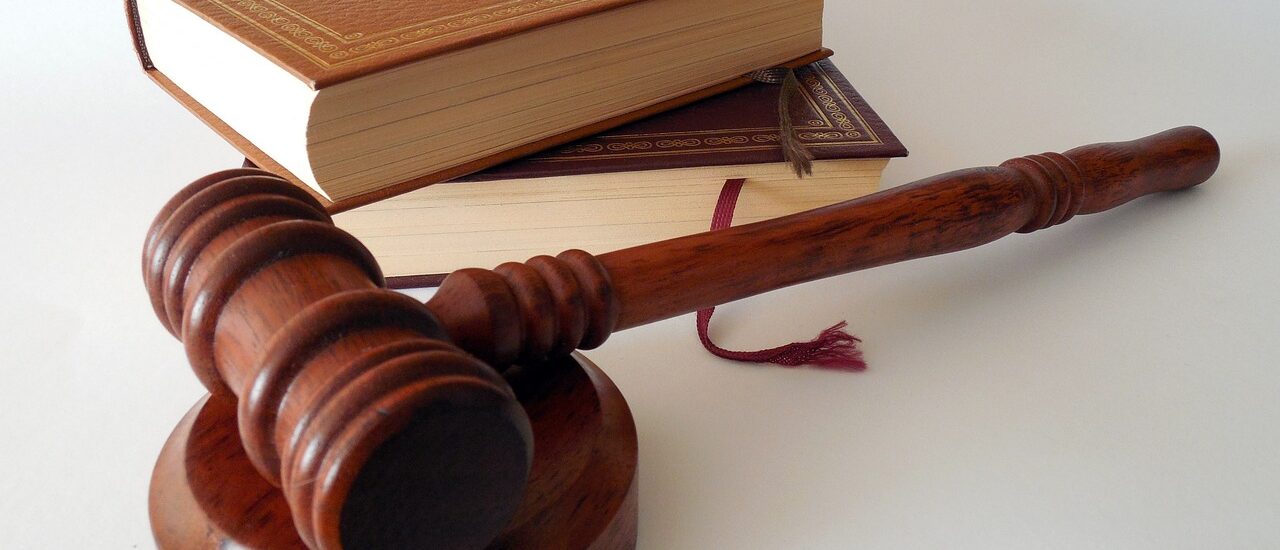



The ruling in the case of Funke Medien NRW GmbH v. Bundesrepublik Deutschland and the concurrent ruling in the case of Spiegel Online GmbH v. Volker Beck will provide a new way of perceiving the conflict between copyright and freedom of expression. There should be no doubt that derogation from copyright provisions in order to protect the value of freedom of expression is permissible. This derogation may only occur in the exhaustively enumerated cases described in Art. 5 section 3 letter c) and d) of Directive 2001/29. The way to resolve the conflict of the indicated values in the interpretation of EU law provisions should be to interpret the provisions of copyright law in such a way that will ensure their compliance with the fundamental rights guaranteed in the Charter of Fundamental Rights. The above-mentioned judgments of the CJEU also have a significant impact on the way in which the so-called three-step test referred to in Art. 5 section 5 of Directive 2001/29 (Article 35 of the Polish Act on Copyright and Related Rights), and will make it possible to break the principle of exceptiones non sunt extendendae in relation to the provisions on fair use, if this would be a condition for respecting fundamental rights. Despite the enormous importance of the described regulations for the interpretation of copyright provisions, it must be remembered that there will also be a second sphere of impact of copyright law on freedom of expression, which is not directly covered by the content of the analyzed decisions of the CJEU. It concerns the issue of access to information and the prohibition of blocking content on online platforms invoking the obligation to respect copyright. As indicated in this article, this aspect requires specific regulation. The content of the article was devoted to it. 17 of Directive 2019/790/EC of the European Parliament and of the Council of 17 April 2019 on copyright and related rights in the Digital Single Market and amending Directives 96/9/EC and 2001/29/EC. The above-mentioned judgments of the Tribunal defined new interpretative principles according to which the conflict of the described values should be resolved. These rulings change the current way of interpreting the provisions on fair use of works. This new approach proposed by the Court may prove to be particularly important in the context of the challenge faced by EU Member States in implementing into their national legal orders the Directive of 17 April 2019 on copyright and related rights in the digital single market and amending Directives 96/ 9/EC and 2001/29/EC.